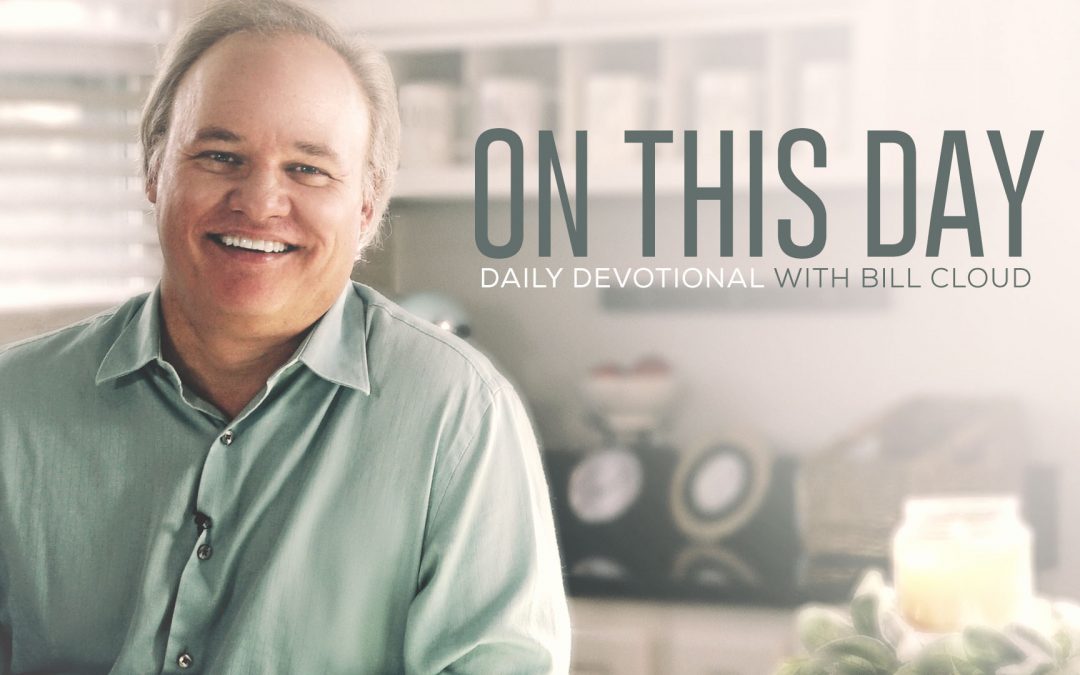It was on this day that the Amalekites defeated Israel when they attacked their mountain stronghold, in spite of the fact that Moses told them not to do this. This situation came about because the people had listened to the spies’ evil report which provoked God to sentence them to a life of wandering, and eventually dying, in the wilderness. At first unwilling to enter the land and fight its inhabitants, once they heard of the consequence, they were ready to fight the Amalekites — but by then, it was too late. Moses said to them:
“Now why do you transgress the command of the Lord? For this will not succeed. Do not go up, lest you be defeated by your enemies, for the Lord is not among you. For the Amalekites and the Canaanites are there before you, and you shall fall by the sword; because you have turned away from the Lord, the Lord will not be with you.” (Numbers 14:41-43)
It would seem that, in this particular instance anyway, Israel didn’t believe God when He had said that He would go before them in spite of the obstacles in the land and they didn’t believe Him when He said that He would not be with them. Their tendency, it would seem, was to respond to fear. First, it was the fear of the giants and the fortified cities. Then it was the fear of perishing in the wilderness. In short, they chose to fear men and circumstances rather than to fear God. It also occurs to me that, in some cases at least, timing is crucial to God’s plan. In this account, it seems that Israel was given a window of opportunity wherein they had to choose whether they would fear men or fear God. After hearing the spies’ report, Caleb pleaded with the children of Israel not to give into fear, but to believe God. Unfortunately for them, they didn’t listen.
There is a silver lining in this story: because Joshua and Caleb believed God would keep His promises, the Almighty did not allow Caleb and Joshua to suffer the consequences of the other spies and of the other people of Israel. These were the only two men, of age, who left Egypt and were allowed to enter the land of Canaan. God said of Caleb:
“But My servant Caleb, because he has a different spirit in him and has followed Me fully, I will bring into the land where he went, and his descendants shall inherit it.” (Numbers 14:24)
You and I can’t help what others choose to do or how they choose to respond to certain situations. We can control what we do, what we say and how we react to certain things. In spite of the naysayers, we can choose to believe God any way and live to see His faithfulness. My prayer, today, is that the Father would cultivate within us a different spirit. May He place within us a spirit that is willing to listen, to respond and faithfully walk in obedience to His instruction in spite of what others around us are choosing to do. May we all have that same spirit that was within Caleb, who said, “I choose to believe God that we can overcome, in spite of what the situations appears to be.”
Shalom.


Is Seppt. The Jewish New year? What year is it and the meaning of New year? Thanks
Yom Teruah (Rosh Hashana) begins Monday night September 6 through dusk on Tuesday night (7th). The new Hebrew calendar year is 5782. As far as any meaning, I don’t know of anything that it might mean in terms of the numbers or its spelling. Shalom.